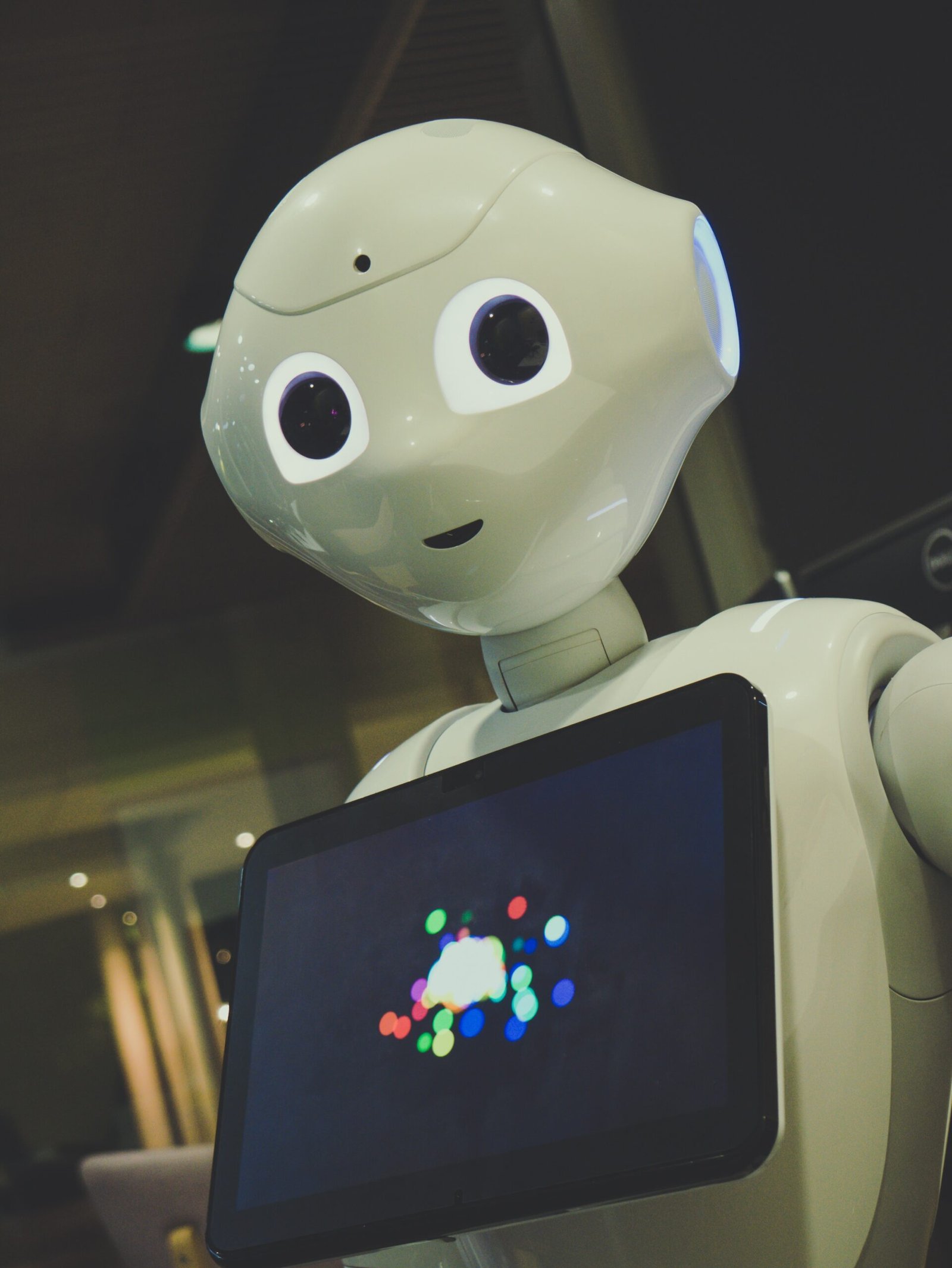Artificial Intelligence and Machine Learning: Advancements, Impact, Ethical Concerns, and Future Prospects

Artificial Intelligence (AI) and Machine Learning (ML) have become prominent buzzwords in recent years, revolutionizing various industries and shaping the future of technology. In this blog post, we will explore the advancements in AI, its impact on different sectors, ethical concerns surrounding its development and use, and the promising future prospects it holds.
Advancements in AI
The field of AI has witnessed significant advancements, thanks to the rapid progress in ML algorithms, increased computing power, and the availability of vast amounts of data. AI systems are now capable of performing complex tasks that were once exclusive to human intelligence.
One of the major breakthroughs in AI is the development of deep learning algorithms, which mimic the structure and function of the human brain. These algorithms have enabled machines to analyze and interpret vast amounts of data, leading to advancements in natural language processing, computer vision, and speech recognition.
Another notable advancement is the rise of autonomous systems, such as self-driving cars and drones. These systems leverage AI and ML to navigate their surroundings, make decisions, and adapt to changing conditions, making them increasingly reliable and efficient.
Impact on Various Industries
The impact of AI on various industries is profound and far-reaching. From healthcare to finance, manufacturing to transportation, AI has the potential to transform the way businesses operate and deliver value.
In healthcare, AI-powered systems can analyze medical images, assist in diagnosis, and predict disease outcomes, leading to more accurate and timely treatment. AI algorithms can also help in drug discovery and personalized medicine, revolutionizing the pharmaceutical industry.
In finance, AI is used for fraud detection, algorithmic trading, and risk assessment. ML algorithms can analyze vast amounts of financial data to identify patterns and make predictions, enabling more informed investment decisions and reducing risks.
In manufacturing, AI-powered robots and automation systems have improved efficiency, productivity, and safety. These systems can perform repetitive tasks with precision and learn from their experiences, leading to optimized production processes and reduced costs.
In transportation, AI is driving the development of autonomous vehicles, which promise safer and more efficient transportation. Self-driving cars can reduce accidents, optimize traffic flow, and provide mobility solutions for people with disabilities.
Ethical Concerns
As AI continues to advance, it raises ethical concerns that need to be addressed. One of the main concerns is the potential for bias in AI algorithms. If the training data used to develop these algorithms is biased, it can lead to discriminatory outcomes, perpetuating existing social inequalities.
Privacy is another significant concern. AI systems often rely on vast amounts of personal data to make informed decisions. Ensuring the privacy and security of this data is crucial to prevent unauthorized access and misuse.
There are also concerns about the impact of AI on jobs. While AI can automate certain tasks, it also has the potential to create new jobs and enhance human productivity. It is important to find a balance between automation and job creation to ensure a fair and inclusive future of work.
Future Prospects
The future of AI is promising, with endless possibilities for innovation and advancement. As technology continues to evolve, AI systems will become more intelligent, adaptive, and capable of understanding complex human behaviors.
AI-powered virtual assistants will become more personalized and intuitive, providing tailored recommendations and assistance. Smart homes and cities will leverage AI to optimize energy consumption, improve infrastructure, and enhance the quality of life.
In healthcare, AI will play a crucial role in early disease detection, personalized treatment plans, and drug discovery. AI-powered robots will assist in surgery, enabling more precise and minimally invasive procedures.
Furthermore, AI can contribute to solving global challenges, such as climate change, by optimizing energy systems, predicting natural disasters, and facilitating sustainable practices.
In conclusion, AI and ML have brought about significant advancements, impacting various industries and shaping the future of technology. While ethical concerns exist, addressing them will pave the way for a responsible and inclusive use of AI. With ongoing research and development, the future prospects of AI are exciting, promising a world where intelligent machines work alongside humans to create a better future.
